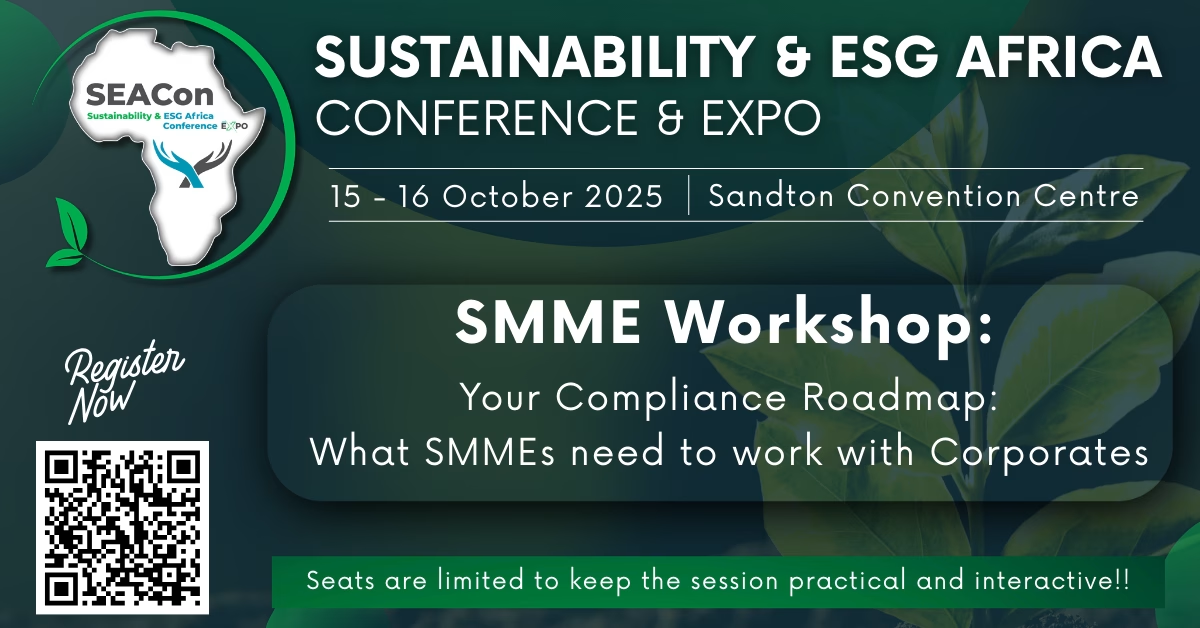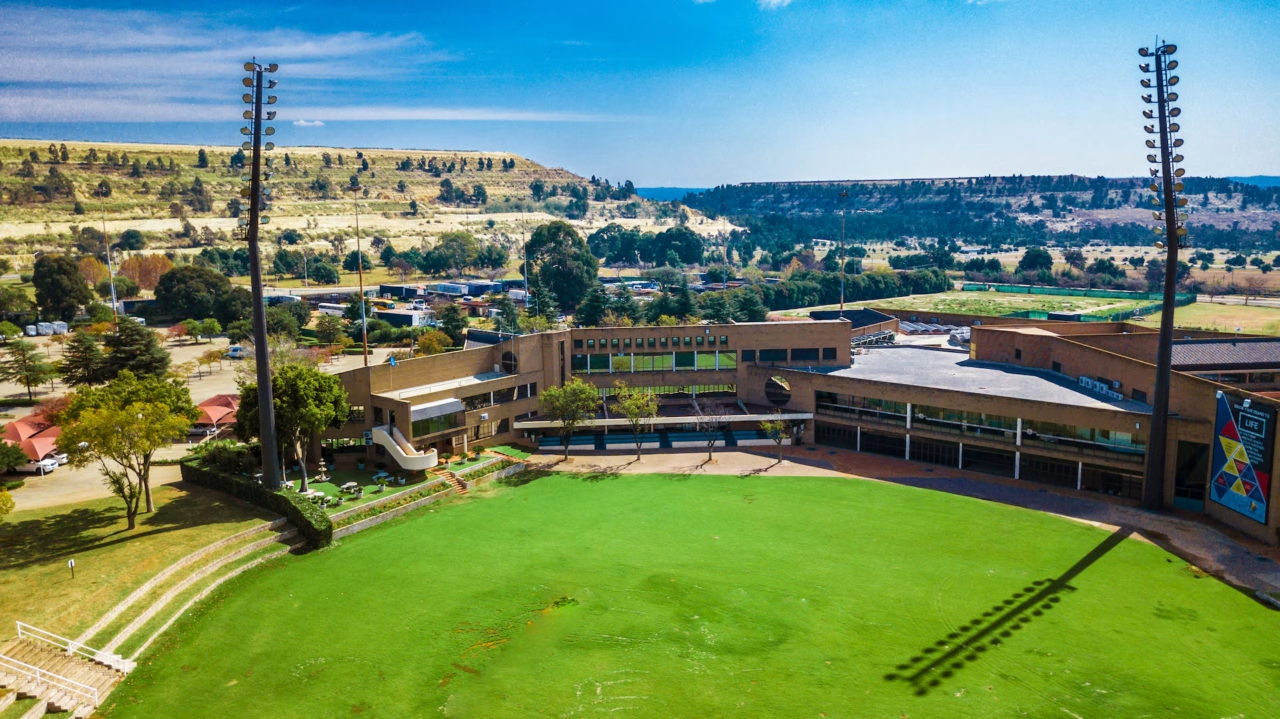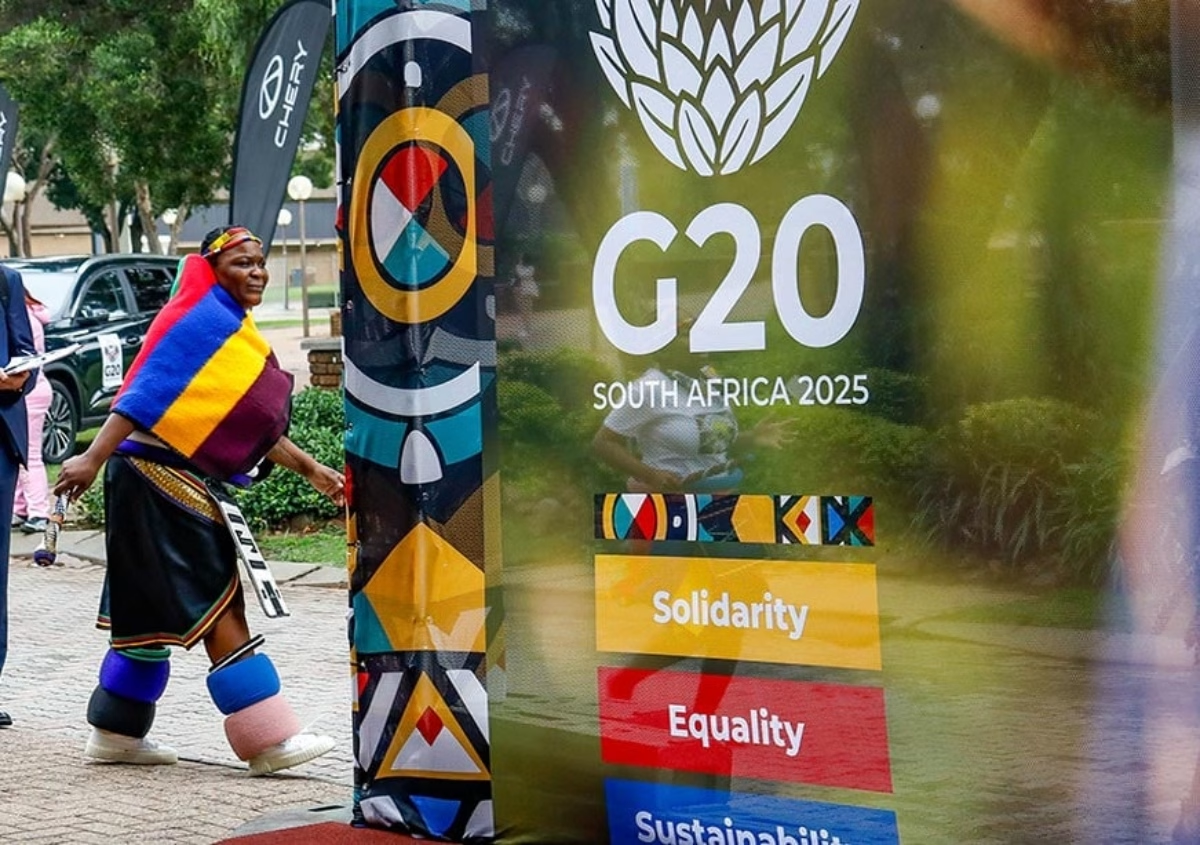The YAO Crochet Project, a women-empowered knitting venture which trains the community in the Niassa Special Reserve in Mozambique to crochet and create toys and crafts, is creating a life-sized, metal elephant sculpture to heighten awareness and stir emotions around anti-poaching efforts in the reserve.
Collaborating on the project’s creative execution are French metal sculptor, Jules Pennel; Zimbabwean metal sculptor and director of Luwire Conservancy, Derek Littleton; Mozambican artists and musicians, Norte and Jose Matola; and Mozambican metal sculptors, Cecília Paulo and Josina Estevão.
The project is supported by the Metis Fund, an initiative by Agence Française de Développement. The Metis Fund finances projects that bring together artists, development operators and the broader public concerned by one or more sustainable development issues. The artistic process around which the various stakeholders involved come together, and the resulting final creation, is a transformative emotional experience for all.
Other leading project partners include the Delegation of the European Union to the Republic of Mozambique and Irish Aid.
Niassa Special Reserve has experienced difficult periods of poaching and insurrection. As a result, the elephant population diminished from 12,000 to less than 4,000 between 2013 and 2018. However, in 2022, the reserve celebrated 5 years without a single elephant being killed by poaching, thanks to the anti-poaching efforts deployed by the authorities with the support of international cooperation. The APPEM (Protected Areas and Protection of Elephants in Mozambique) project, financed by AFD, was also instrumental in facilitating these efforts.
The elephant sculpture will be built by the people living in the Luwire Conservancy in the reserve with the support of professional artists. Once the frame for the sculpture is complete, it will be covered in a skin of crochet created by the women of the YAO Crochet Project. Thereafter, it will be taken on a national tour of Mozambique to highlight the scourge of poaching and the goal of sustainable living. Not only will the elephant be a symbol of grandeur and majesty but also of the fragility of Mozambican wildlife. It will also enhance the national and international visibility of the Niassa Reserve and its history, which is largely unknown to the general public.
The tour of the sculpture will culminate in the Mozambican capital Maputo, following which the team will look to find a suitable, permanent home for the elephant with one possible site option being opposite the Museu De História Natural de Maputo.
Paula Ferro, founder of the YAO Crochet Project, says: “Inhabitants of the remote Niassa Special Reserve have to survive with few employment prospects and significant social disadvantages, so we’re really pleased to have been able to start teaching metal-working skills in an area where about 2% of the population has a formal job. In a true instance of art meeting conservation, the metal for the sculpture comes from hundreds of snares confiscated from poachers in the reserve. Building capacity and access to legitimate livelihoods provides economic alternatives to the unsustainable illegal activities, such as poaching and illegal mining.”
The small team of conservationists at Luwire will build on successes in eradicating poaching within the wider reserve. “Not only do the crochet skills sessions promote training, skills development and employment opportunities for women living in the community, but they teach conservation and biology to the knitters to improve their knowledge about their environment and the importance of living sustainably within the Niassa Reserve,” says Ferro.
According to Tiphaine de Mombynes, head of the Metis Fund for AFD: “Biodiversity is the living fabric of our planet. While humans are responsible for the loss of biodiversity, we are also able to develop unique solutions for its protection. If we want to engage individually and collectively regarding this huge challenge, the arts and emotional experiences are a big part of the solution. Yao Crochet and its current elephant project is a perfect demonstration of what can be done to participate actively in a constructive way for our future.”











